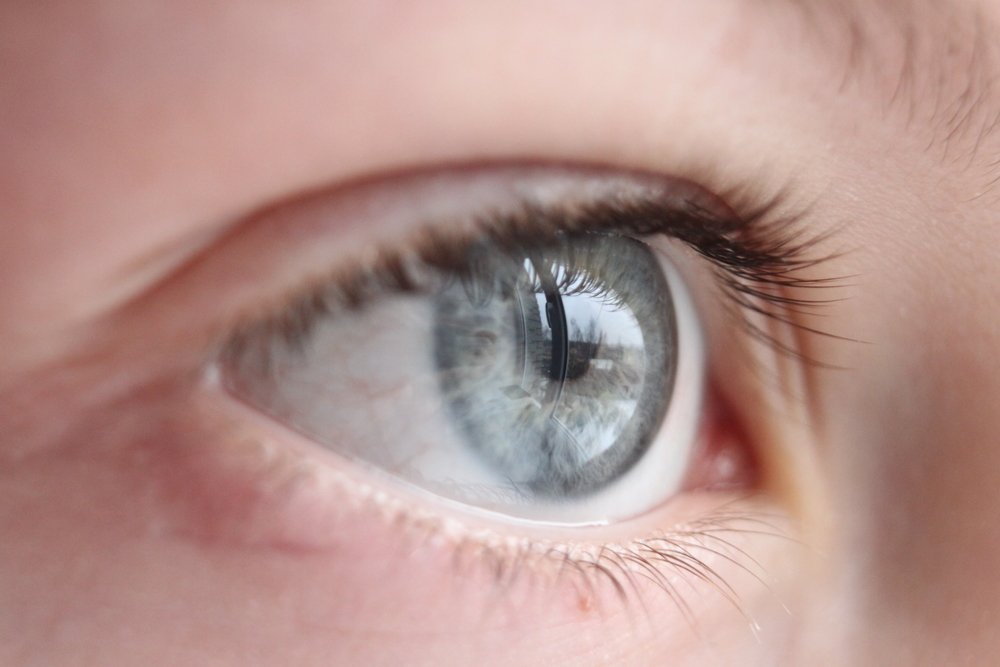GS010 Improves Visual Acuity, Quality of Life in LHON Patients, Phase 3 Trial Shows

GS010, a gene therapy developed by GenSight Biologics, improves visual acuity and quality of life in patients with Leber hereditary optic neuropathy (LHON), a rare genetic mitochondrial disease that causes vision loss, Phase 3 trial data shows.
The findings are based on Week 72 data from the ongoing Phase 3 REVERSE trial (NCT02652780). The study is designed to assess the efficacy and safety of an intravitreal (eye) injection of GS010 in one eye of patients with LHON.
The trial enrolled 37 LHON patients who reported vision loss six to 12 months before the beginning of the study. All participants were asked to fill in the National Eye Institute Visual Function Questionnaire-25 (NEI VFQ-25) — a survey created to assess the impact of vision loss on daily activities and patients’ quality of life.
The questionnaire is divided into several sub-scales that attribute scores for specific functions and well-being measures, such as near-distance vision and ocular pain. In the end, the scores from all sub-scales are pulled together into a composite score that reflects the impact of vision loss on a patient’s life.
At Week 72, patients reported improvements for NEI VFQ-25 sub-scores in three specific areas (impact of vision loss in near and distance activities and vision-specific dependency) and in the composite score, compared to baseline. Significant improvements were also found in other areas, including role difficulties, general vision, and overall mental health.
Such improvements had already been reported at Week 48, indicating that the positive effects of GS010 can be maintained over long periods of time.
“It is heartening and exciting to see the NEI VFQ-25 corroborate the effects that have been demonstrated by GS010: relative protection of retinal ganglion cells and their axons, as well as visual function improvement,” Bernard Gilly, co-founder and chief executive officer of GenSight, said in a news release. “This tells us that clinical measurements obtained by our investigators add up to patients feeling that they can function better in day-to-day activities.”
Findings also revealed improvements at Week 72 in other sub-scales, including social functioning (23.3%), ocular pain (5.6%), color vision (20.8%) and peripheral vision (15.5%), compared to baseline.
“In the final analysis, improvement in quality of life measures is perhaps the most compelling metric of therapeutic intervention,” said Mark Moster, MD, neuro-ophthalmology, Wills Eye Hospital; professor of neurology and ophthalmology at Thomas Jefferson University, Philadelphia, Pennsylvania; and principal investigator in the REVERSE, RESCUE (NCT02652767), and REFLECT (NCT03293524) trials. REFLECT is still recruiting participants.
“Although it is important for clinicians to find objective improvements in specific visual functions, it is even more important that we improve the quality of life of our patients rather than any one objective measure of vision. These results offer demonstration of that successful outcome,” Moster said.
All patients in the REVERSE trial are scheduled to be assessed again at 96 weeks. GenSight is expecting to announce new results in early 2019. The topline 48-week data for RESCUE, another Phase 3 trial of GS010 for the treatment of LHON, is also expected in early 2019.






